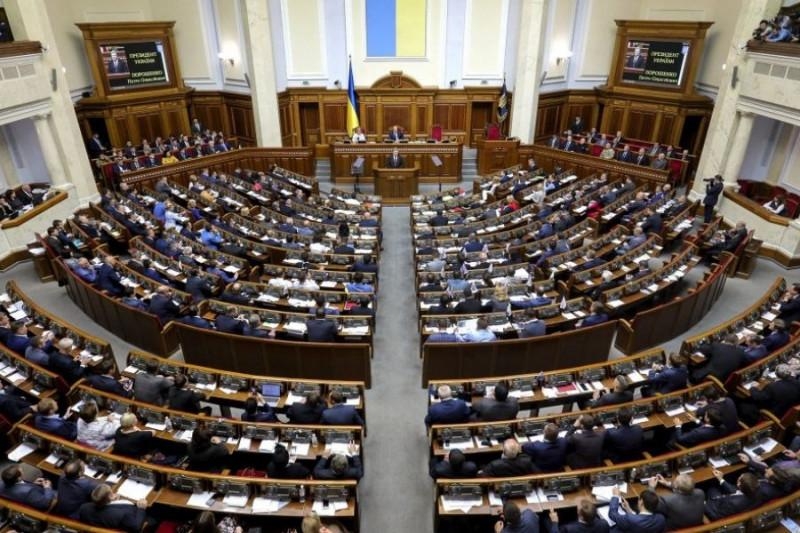Soybean-rapeseed amendments may return in a new bill that will be voted on in mid-July

The Verkhovna Rada will return to considering the "soybean-rape" amendments as part of draft law No. 13157, which is being prepared for the second reading , according to https://latifundist.com/. The document also includes other previously unadopted tax initiatives, in particular, an amendment regarding the payment of patronage dividends in agricultural cooperatives.
"Bill 13157 is quite complex, it includes soybean amendments, patronage dividends, water users, and everything that we had in dispute in 13134 (the bill that included soybean and rapeseed amendments, rejected by parliamentarians on June 18). I think we will have an interesting discussion, but I would ask the authors of the amendments, as we agreed, to hold consultations with the Ministry of Finance by Thursday in order to find a common denominator," said Danylo Hetmantsev, its chairman, yesterday during a meeting of the parliamentary Committee on Finance, Tax and Customs Policy.
The basic text of the bill does not mention either the "soybean-rapeseed" or "patronage" amendments, however, according to the deputies, they should be introduced through a committee decision by analogy with the previous bill No. 13134.
Draft Law No. 13157 on Amendments to the Tax Code of Ukraine was initiated by the Cabinet of Ministers in connection with the adoption of the Law of Ukraine "On Integrated Prevention and Control of Industrial Pollution" and is being prepared for the second reading. The document replaces permits for emissions of pollutants into the atmospheric air by stationary sources and permits for special water use and waste disposal with integrated environmental permits.
MP Andriy Motovylovets will be the author of the "soybean-rapeseed amendment", which will repeat the content of the previous amendment and will provide for a 10% export duty on soybean and rapeseed exports. If the document and the amendment are voted on in committee next week, the bill will be brought to the session hall for a vote on July 15.
During the committee meeting, Danylo Getmantsev stated that "the soy amendment has been agreed upon, but it is tied to the amendment on patronage dividends."
The “Patronage Dividend Amendment” aims to prevent double taxation of agricultural cooperatives when they distribute profits among their members. In cooperatives, such payments are called patronage dividends — and unlike regular dividends, they are distributed not in proportion to the share in the authorized capital, but according to the volume of participation in the cooperative (for example, grain delivered or services provided). The amendment is being promoted the most as an economic alternative tool for farmers by the All-Ukrainian Agrarian Council.
"No one denies the need to develop processing and added value. But not at the expense of farmers. If this is done through export restrictions, the agricultural producer must be provided with an economic alternative. The amendment on patronage dividends is just such a tool. It allows an agricultural cooperative to export products without taxing profits, distributing them among members. And then there really is an incentive to sell independently. That is, conceptually we are not against the development of the entire processing vertical, but not by twisting the hands of farmers. A working group in the tax committee is to be held on Thursday, where this will be discussed," commented Denys Marchuk, deputy chairman of the VAR.
At the same time, one of the MPs interviewed by the editorial office expressed doubt that the "patronage amendment" will be voted on even at the committee level. Its adoption could be a signal to the IMF that the agricultural sector is receiving excessive tax preferences. In particular, this is a risk for the entire fourth taxation group, which is used by most farmers.


